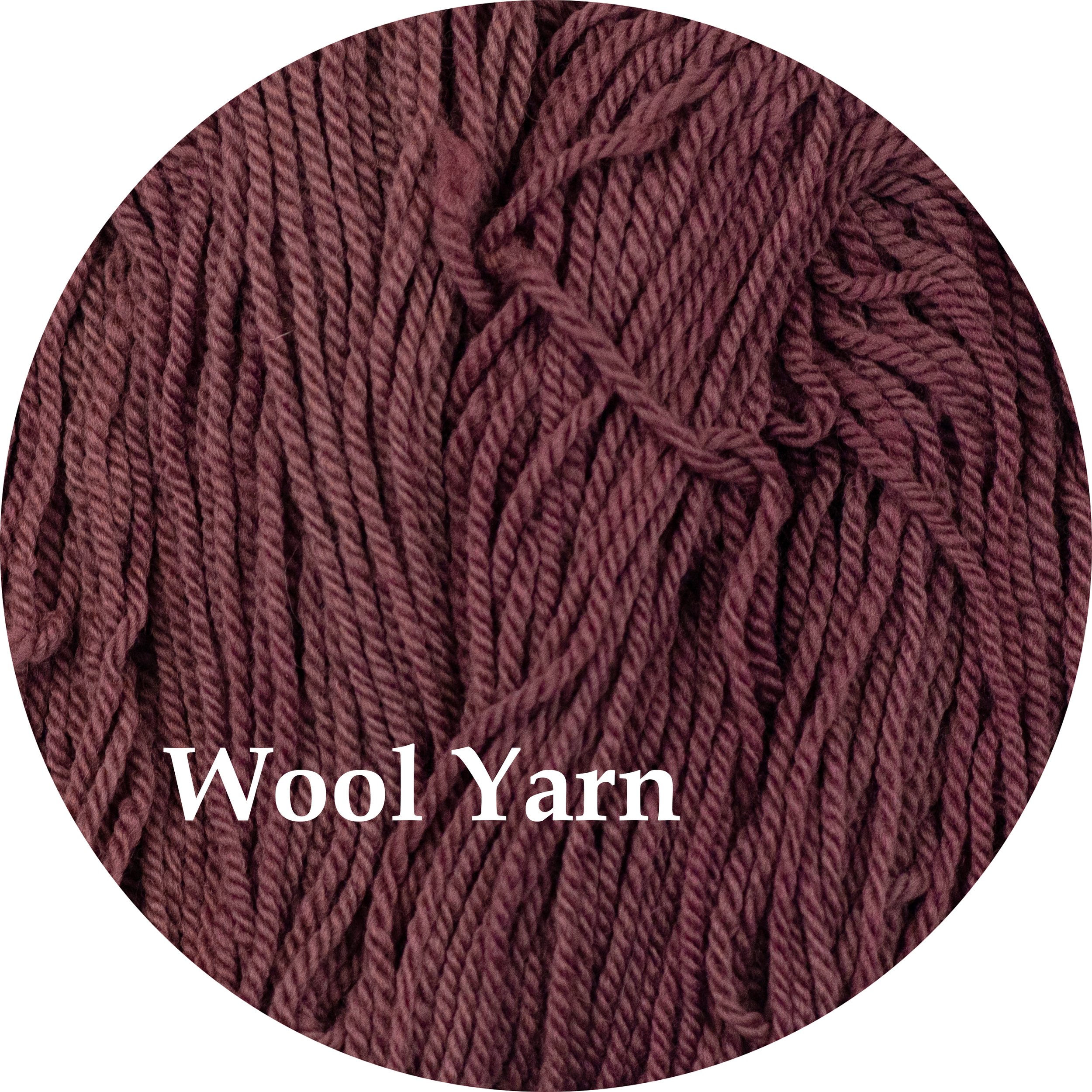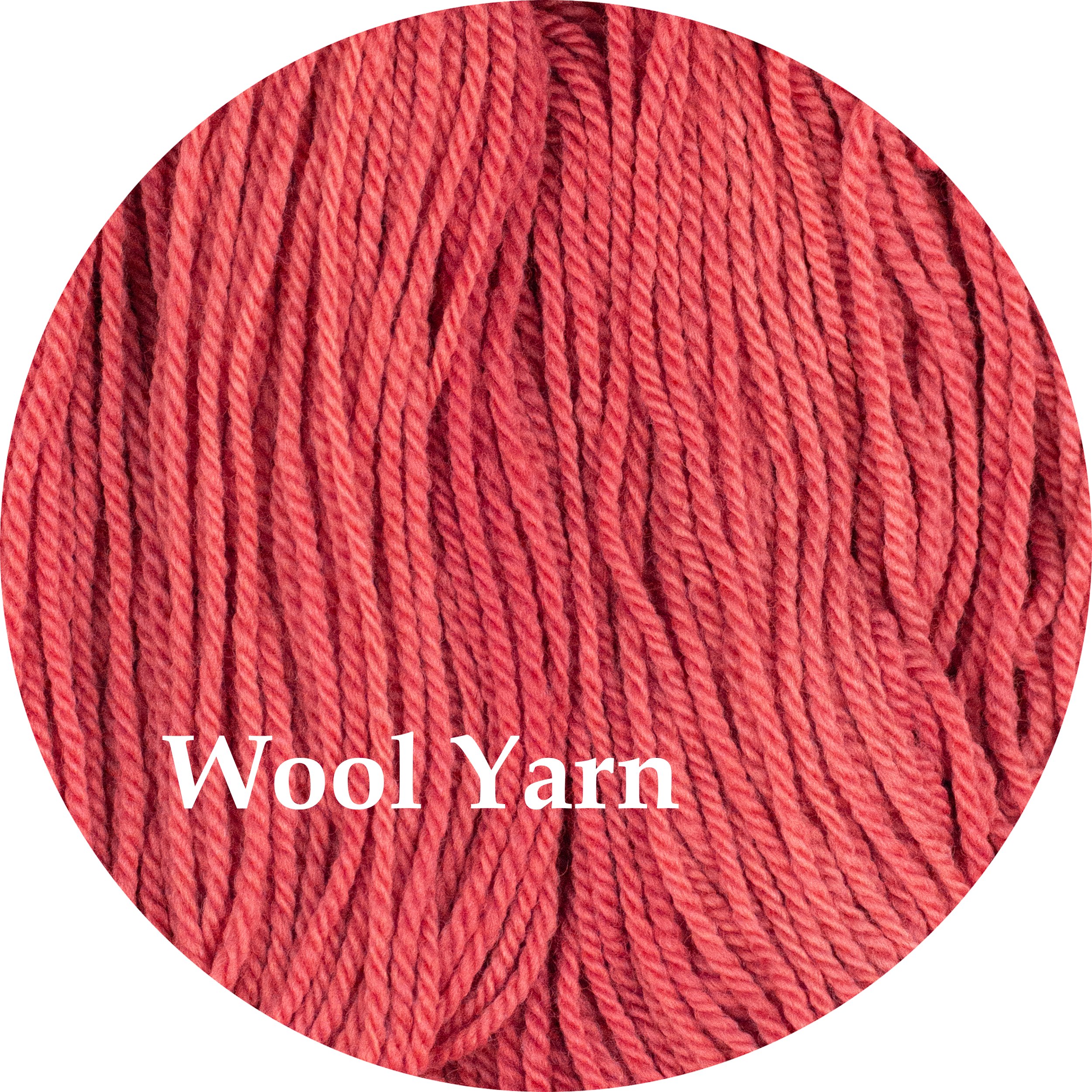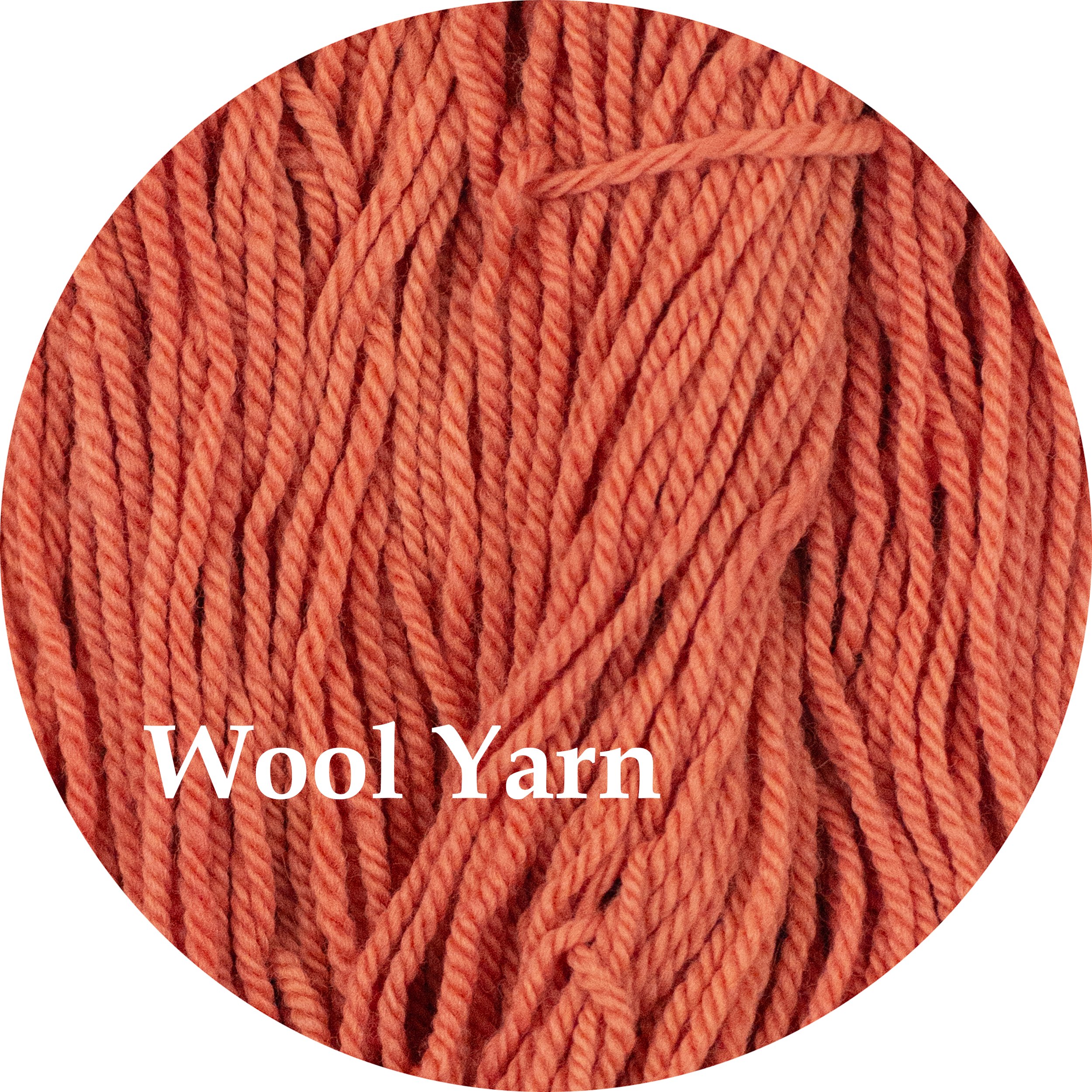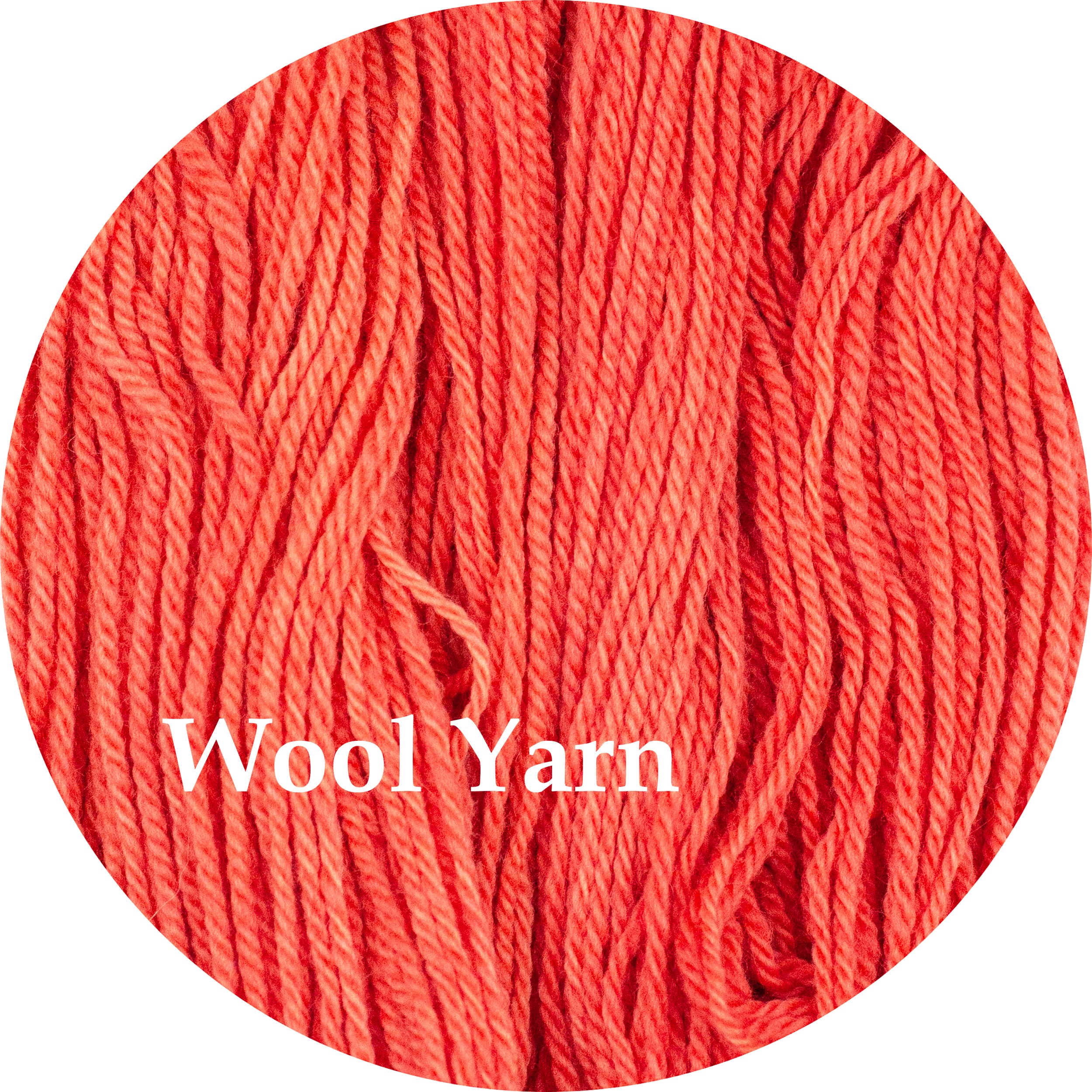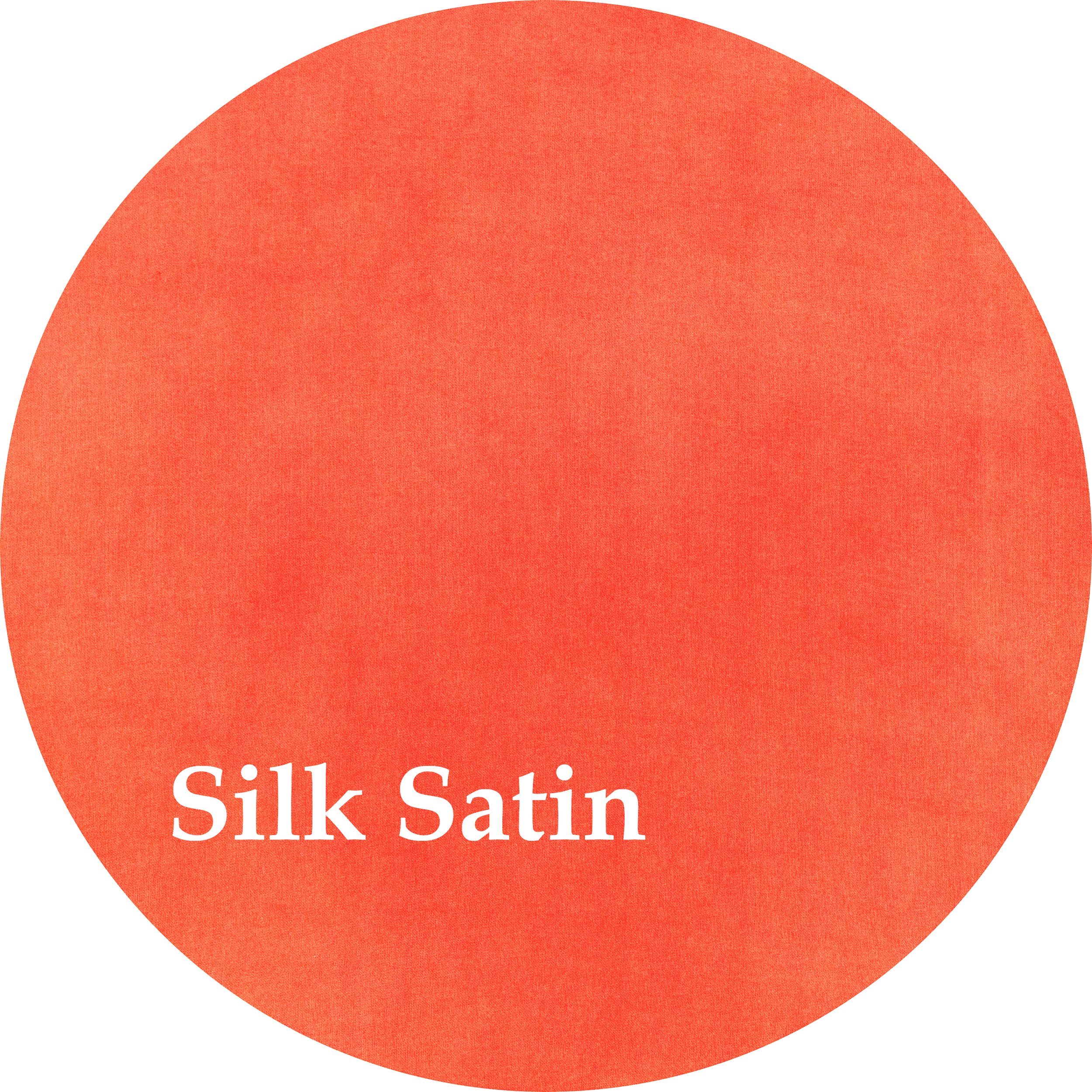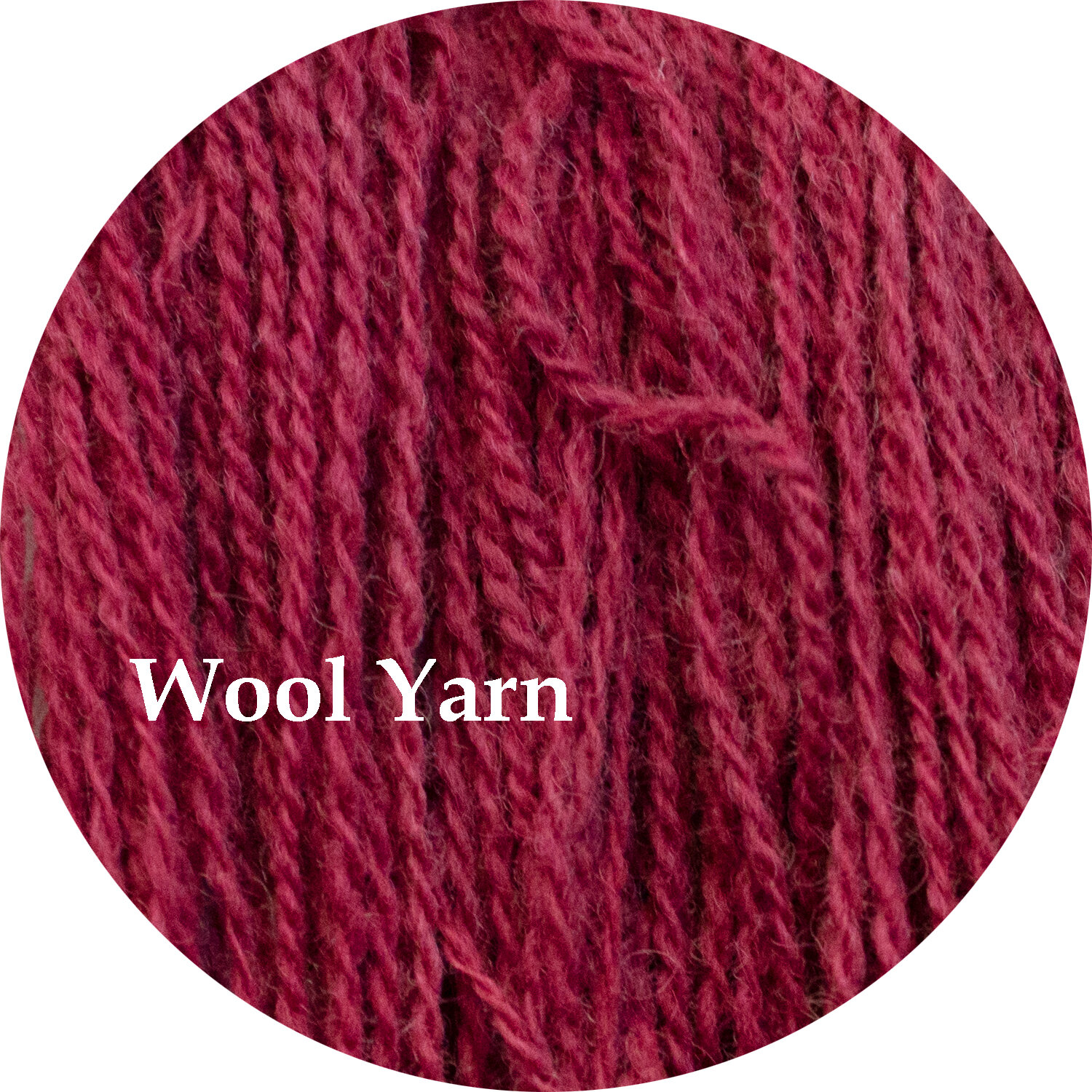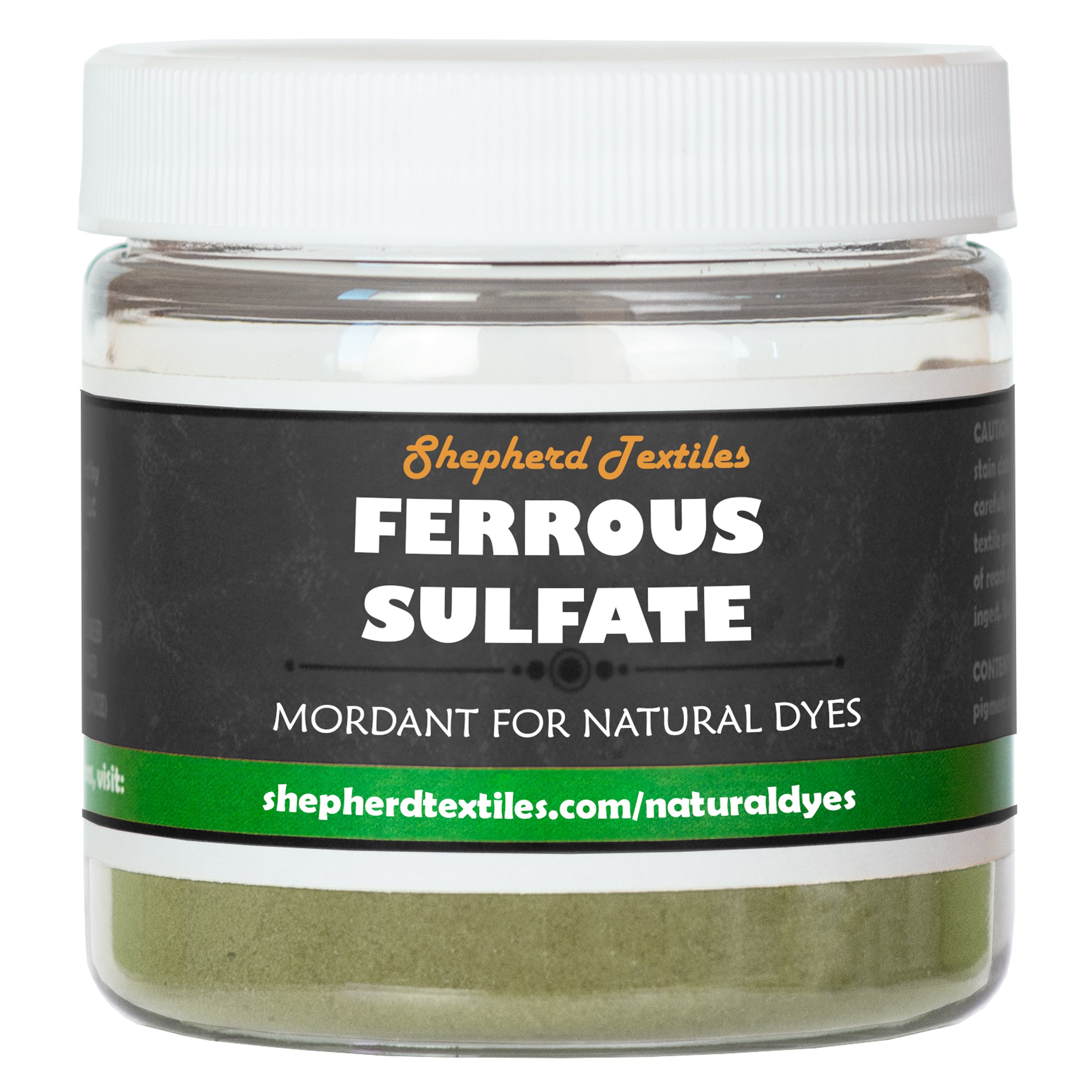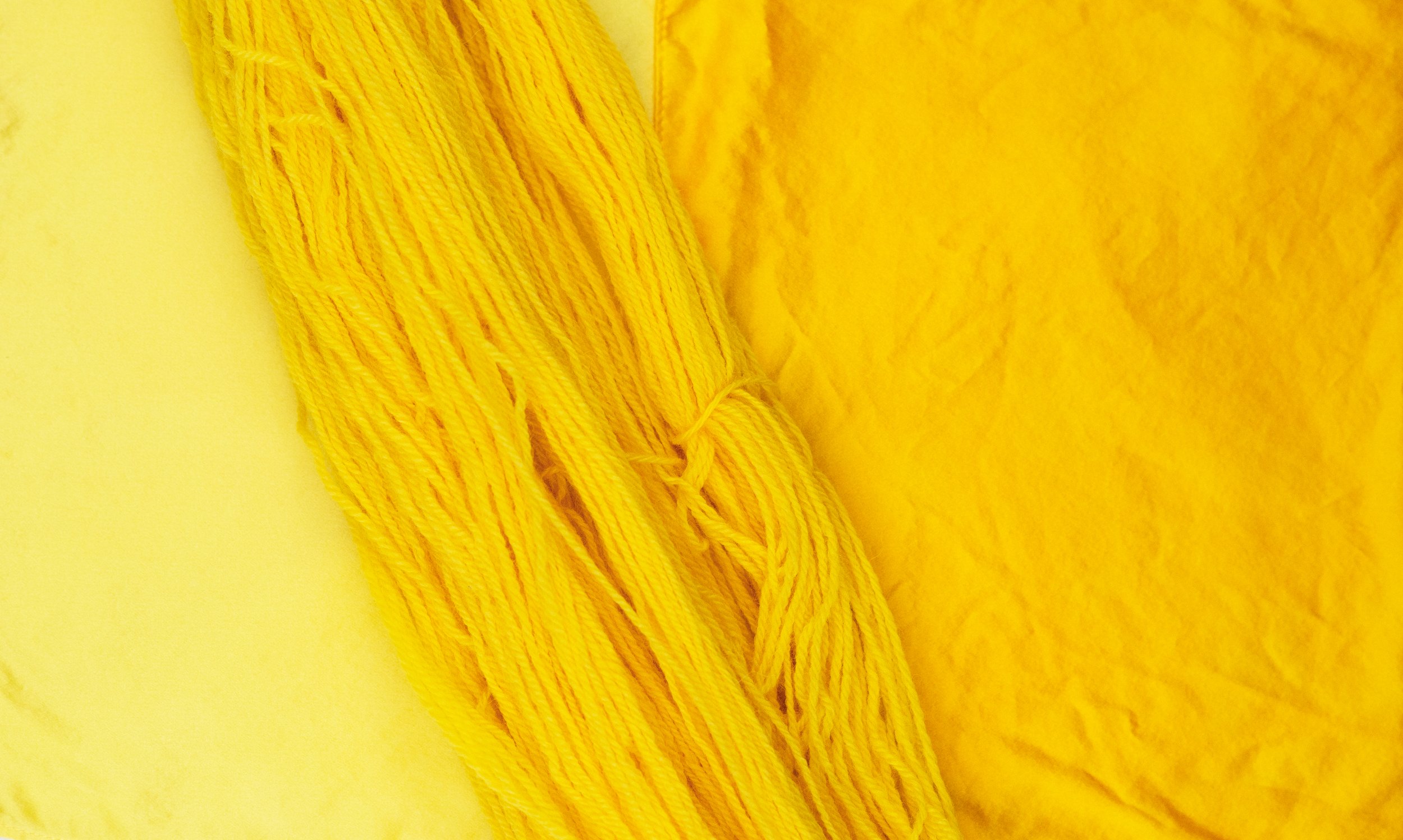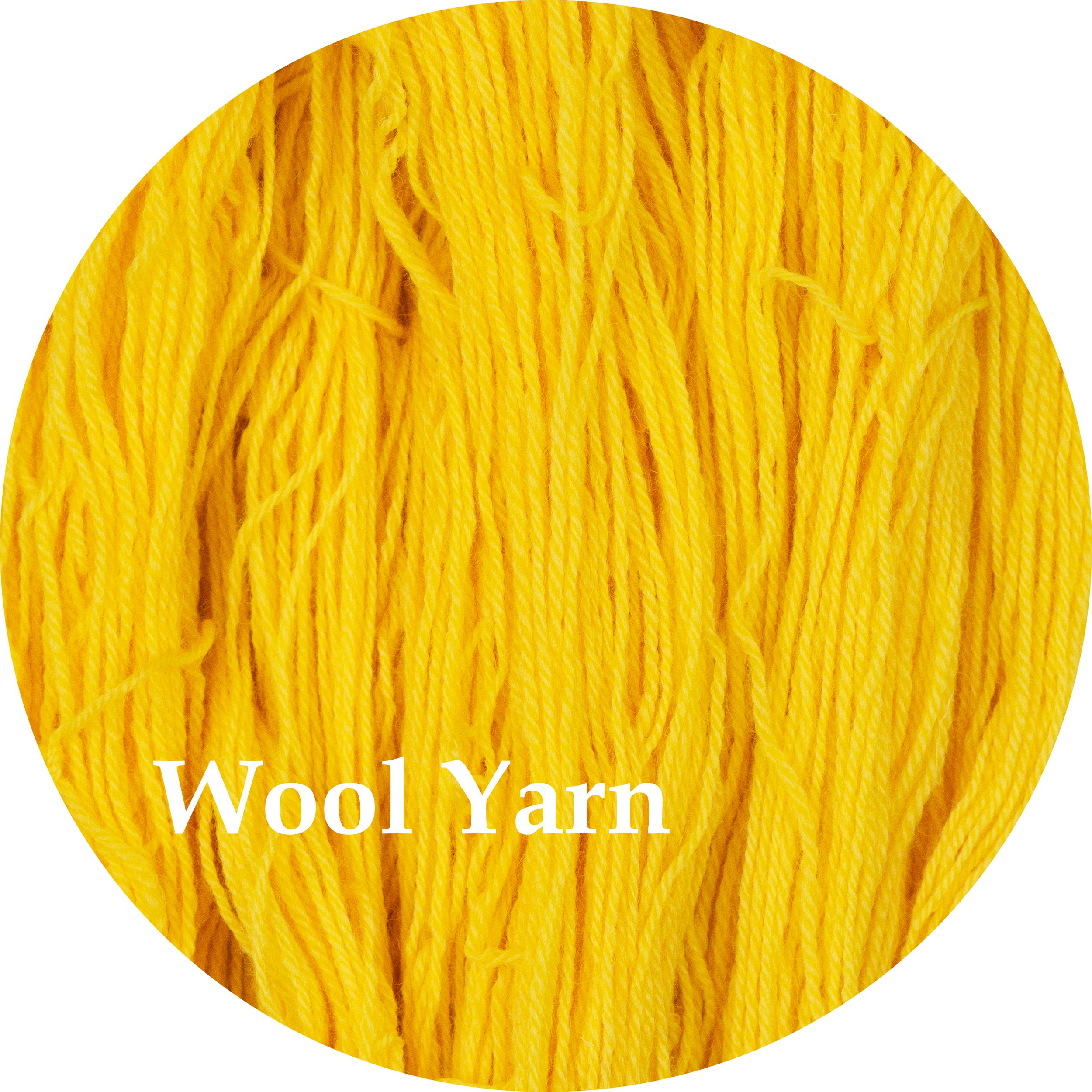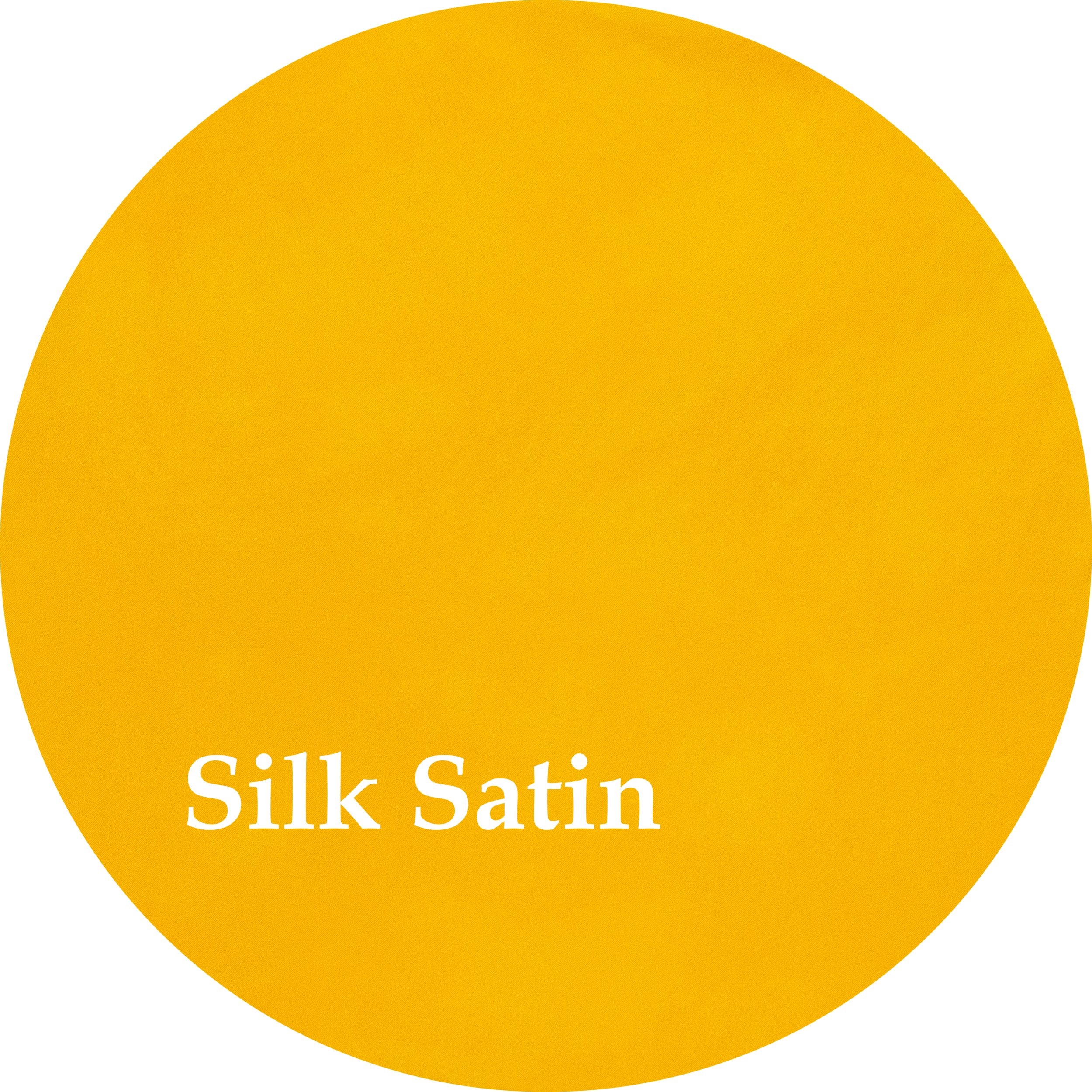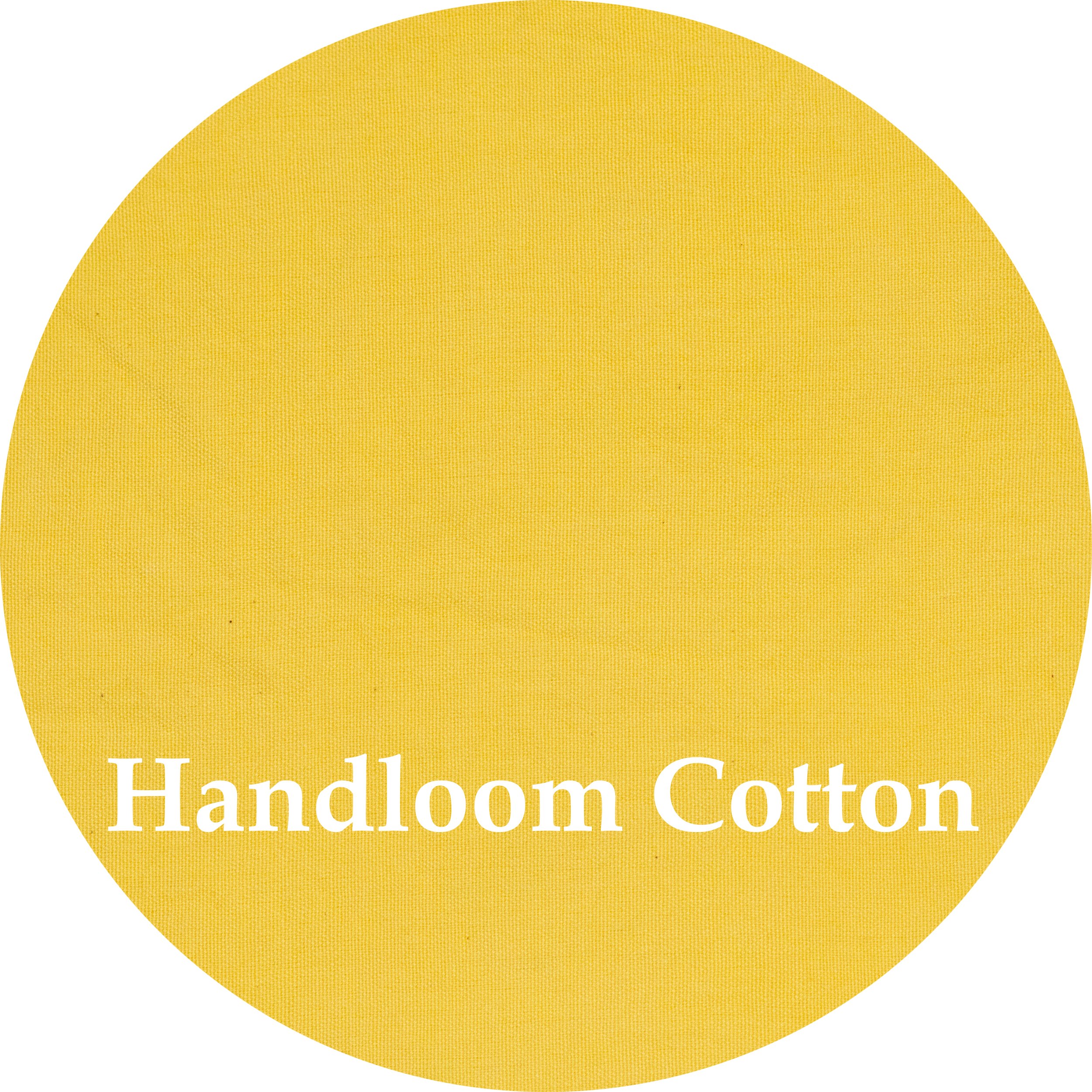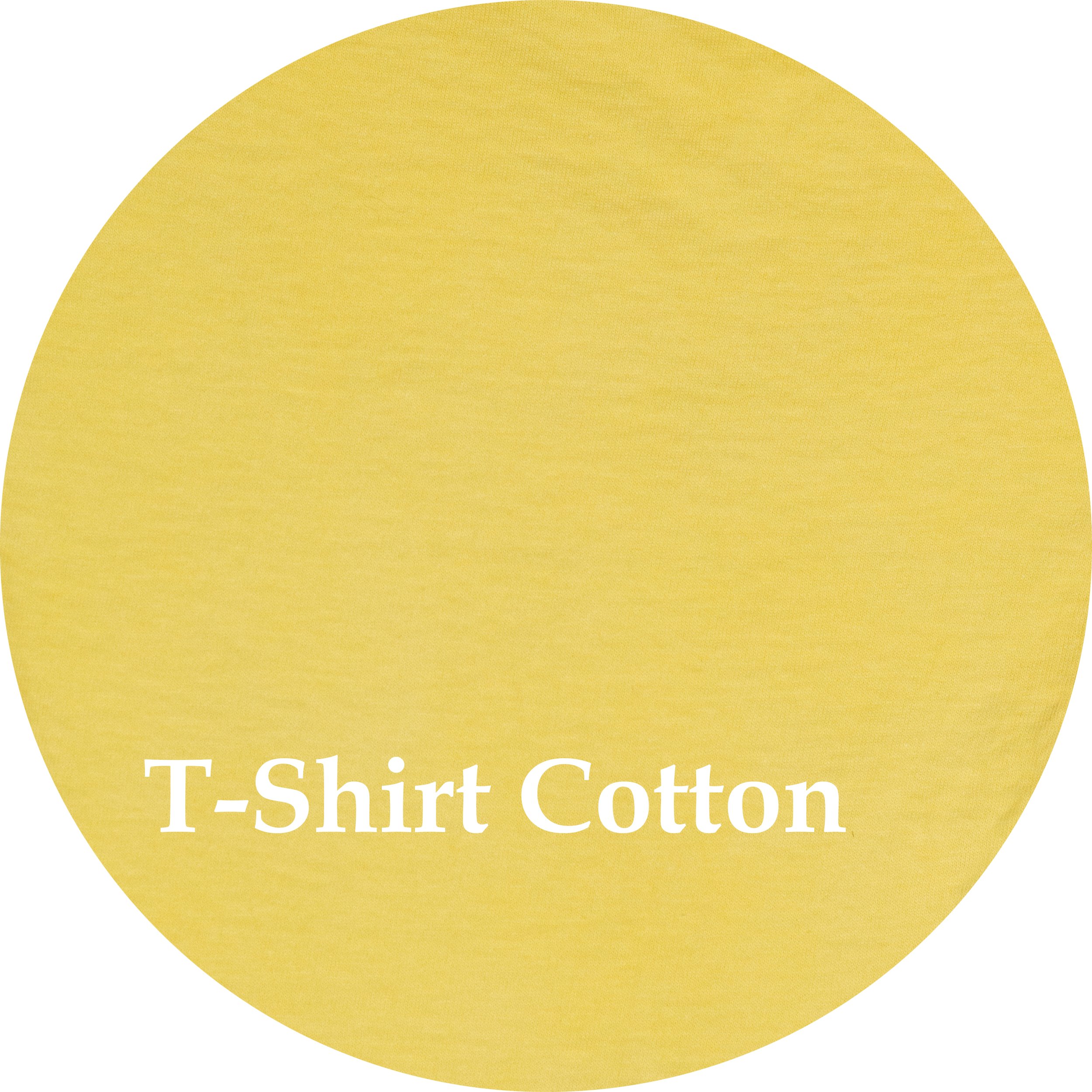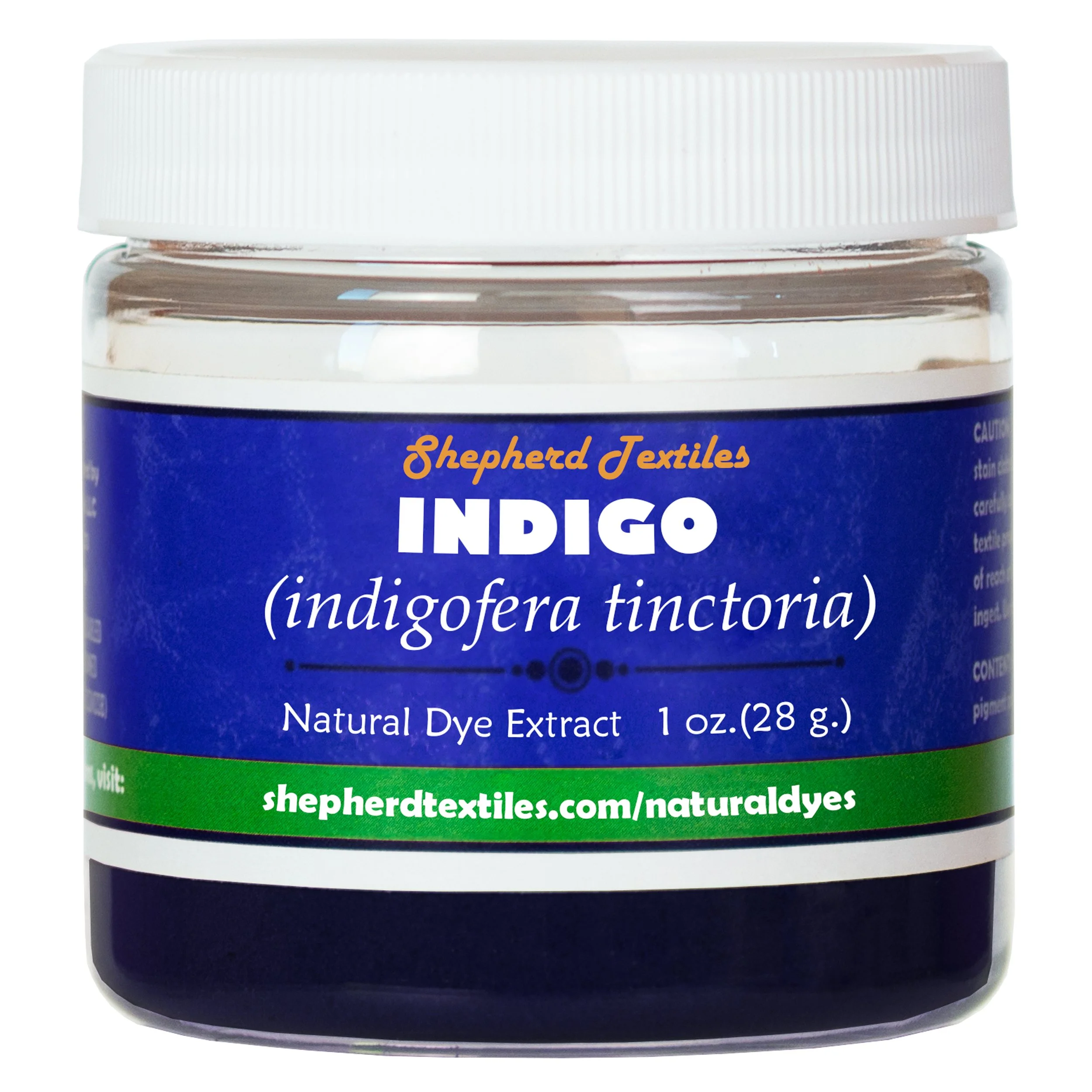 Image 1 of 5
Image 1 of 5

 Image 2 of 5
Image 2 of 5

 Image 3 of 5
Image 3 of 5

 Image 4 of 5
Image 4 of 5

 Image 5 of 5
Image 5 of 5






Indigo Extract
Shepherd Textiles Indigo Extract Natural Dye is extracted from the leaves of the indigo plant indigofera tinctoria. Indigo contains a blue pigment called indigotin that is the strongest of the natural blue dyes. Indigo is unique among the natural dyes in that it is not applied by dissolving it in a dye bath. The indigotin pigment is insoluble in normal water and it will not dissolve until the water is reduced (there is no dissolved oxygen gas in it) and alkaline (PH of 10 or above). To create these conditions, it is necessary to build what is referred to as a “reduction vat.” There are a variety of techniques for doing this, ranging from a quick and easy chemical vat (thiourea dioxide + soda ash) to the much more pleasant-smelling and friendly banana vat (boiled banana water + pickling lime). Once the vat is constructed, the indigo will dissolve and turn clear. After that, wetted fibers are dipped in the vat. When they are pulled out, oxygen in the air forces the dissolved indigo out of solution and turns the fiber blue. Indigo is available in many forms; we selected ours for both dyeing strength and environmental responsibility. Our indigo is sourced from farms in southern India that practice sustainable agriculture: after the dyestuff is extracted, the spent leaves are composted for fertilizer and the wastewater from extraction is returned to the fields to water the next crop. Our indigo contains up to 40% indigotin by weight, making it twice as strong as most indigos on the market. One ounce will dye a pound of fiber to a very dark midnight blue.
Please read our Guide to Dyeing with Indigo Extract for color recipes, background, and safety information.
Product of India. Produced by a GOTS (Global Organic Textile Standard) certified manufacturer.
Shepherd Textiles Indigo Extract Natural Dye is extracted from the leaves of the indigo plant indigofera tinctoria. Indigo contains a blue pigment called indigotin that is the strongest of the natural blue dyes. Indigo is unique among the natural dyes in that it is not applied by dissolving it in a dye bath. The indigotin pigment is insoluble in normal water and it will not dissolve until the water is reduced (there is no dissolved oxygen gas in it) and alkaline (PH of 10 or above). To create these conditions, it is necessary to build what is referred to as a “reduction vat.” There are a variety of techniques for doing this, ranging from a quick and easy chemical vat (thiourea dioxide + soda ash) to the much more pleasant-smelling and friendly banana vat (boiled banana water + pickling lime). Once the vat is constructed, the indigo will dissolve and turn clear. After that, wetted fibers are dipped in the vat. When they are pulled out, oxygen in the air forces the dissolved indigo out of solution and turns the fiber blue. Indigo is available in many forms; we selected ours for both dyeing strength and environmental responsibility. Our indigo is sourced from farms in southern India that practice sustainable agriculture: after the dyestuff is extracted, the spent leaves are composted for fertilizer and the wastewater from extraction is returned to the fields to water the next crop. Our indigo contains up to 40% indigotin by weight, making it twice as strong as most indigos on the market. One ounce will dye a pound of fiber to a very dark midnight blue.
Please read our Guide to Dyeing with Indigo Extract for color recipes, background, and safety information.
Product of India. Produced by a GOTS (Global Organic Textile Standard) certified manufacturer.



